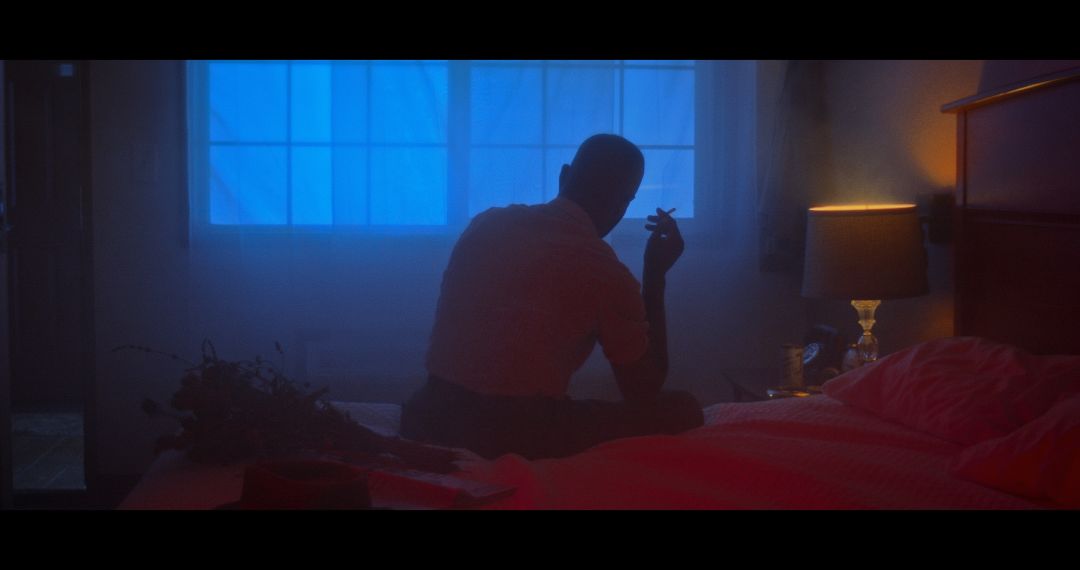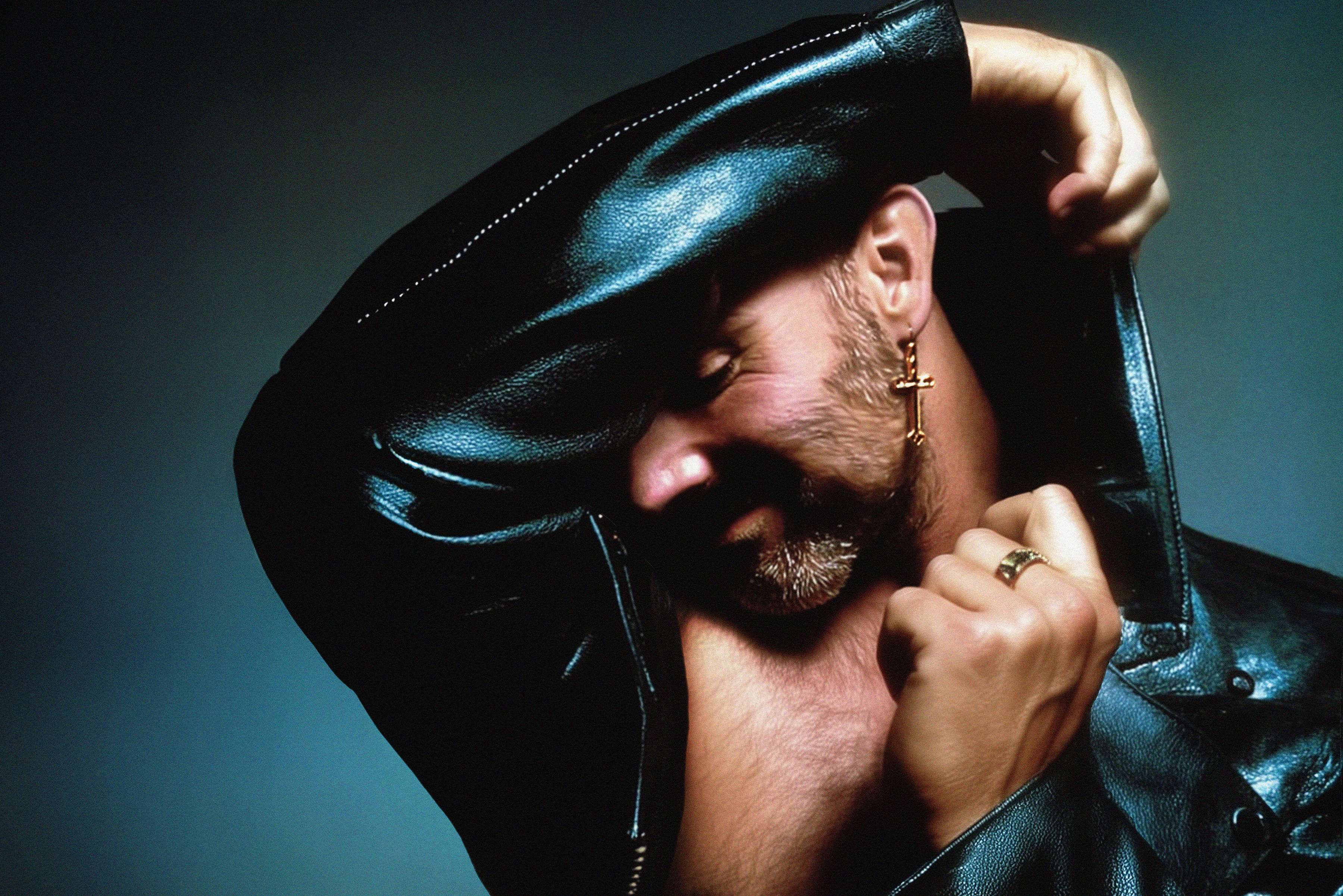Onry’s ‘1955’ Braids Together James Baldwin, Emmett Till, and Ouija Boards

Onry in the "1955" short film
Image: Martin Melnick
"I am terrified at the moral apathy—the death of the heart—which is happening in my country. These people have deluded themselves for so long, they really don't think I'm human. I’ve based this on their conduct, not on what they say. And this means that they have become, in themselves, moral monsters.” James Baldwin delivered these forceful words to a crowd in 1963. In 2016, they became central to Raoul Peck’s Oscar-nominated Baldwin documentary I Am Not Your Negro. And now, in 2022, they open a new short film from Onry, a.k.a. Emmanuel Henreid, the Portland opera singer who went viral in 2020 for singing the national anthem with a student from PSU.
After that blast of digital fame (which landed the singer notices from the likes of Kelly Clarkson), Onry contended with his new platform. "What, as an artist, am I being commissioned to do?" he asked himself. Baldwin’s words came to mind: “What do I have to say that will change the minds of individuals who are moral monsters?” A big question, no doubt. And if answers didn’t come directly, flashes of music helped light the path.
"About nine months ago, I was feeling the angst of both the pandemic and the racial disparities around the country. Every day, experiencing the same story on the news of a Black male or a Black female or a person of color being killed or hurt,” Onry recalls. So he started “looking to the past to understand where we’re going in the future.” In the process, one day, a lyric and a melody poured out of him. Unlike songs he’d written deliberately over the course of hours or weeks, this one came near-instantly, “like a gift.”
“I could only imagine what life would be like / Remember 1955” went one lyrical snippet; it didn’t escape Onry that this was the year 14-year-old Emmett Till was lynched in Mississippi. "1955” became the song’s title, and Onry, void of studio space, began to lay the track down bit by bit in a friend’s backyard. The finished product, which arrived last month, is a searing, James Blake-adjacent concoction about history’s bearing on the present.
For the accompanying video, Onry turned to local filmmaker Martin Melnick, with whom he’d worked on another visual in 2020. "When he brought me the first demo of ‘1955,’ I was floored by how emotionally true it felt,” Melnick said in a press release. “It transported me into another time and space, and I really felt that it invited an emotional experience into some of the generational trauma that Onry has faced and continues to face today.” The two honed a concept for the clip, which eventually ballooned into a seven-minute short film that juggles various timelines, historical footage, and a dusting of the occult.
In it, a man in the present (played by Onry) confers with a Ouija board to seek guidance from his ancestors. His 1955 counterpart (also Onry) finds himself haunted by the murder of Emmett Till. Fire, blood, and a few nods to the high Hollywood melodrama of Douglas Sirk stack up beneath Onry’s soaring vocals to deliver something dense, enigmatic, and—despite its weight—lightly addictive.
And “1955” is only one shade of an upcoming visual EP, featuring six tracks and an outro, with videos for each. (One, 2020’s “Livin’ in the Light,” marked Onry and Melnick’s previous collaboration.)
The project is, tip-to-tail, a local one. Shooting locations included Central Eastside bar Dig a Pony, Junior's Cafe in Ladd's Addition, and other assorted Portland spots. On March 2, Onry—a Portland native—screened the film for friends and collaborators at Hawthorne's Cinemagic theater, the first time he's seen his work on the big screen. But its resonances, he says, stretch well outside of the Rose City.
"I think the film asks how we reconcile these ideas of unthinking and unlearning and relearning. We have a very very dark past, and of course, many individuals say, 'Forget the past, move forward already,'" Onry muses. “But we’re finding that these horrific injustices are still happening. How do we move forward from something that we're unwilling to address?" Without putting too fine a point on it, he ties Baldwin's quote about moral apathy to reports that Black refugees have been denied exit from Ukraine, where he used to study music.
If it all makes “1955” sound weighty, it is, but Onry also draws hope from all the backward glancing. If nothing else, he says, it serves as a reminder that “it’s not the end.”




